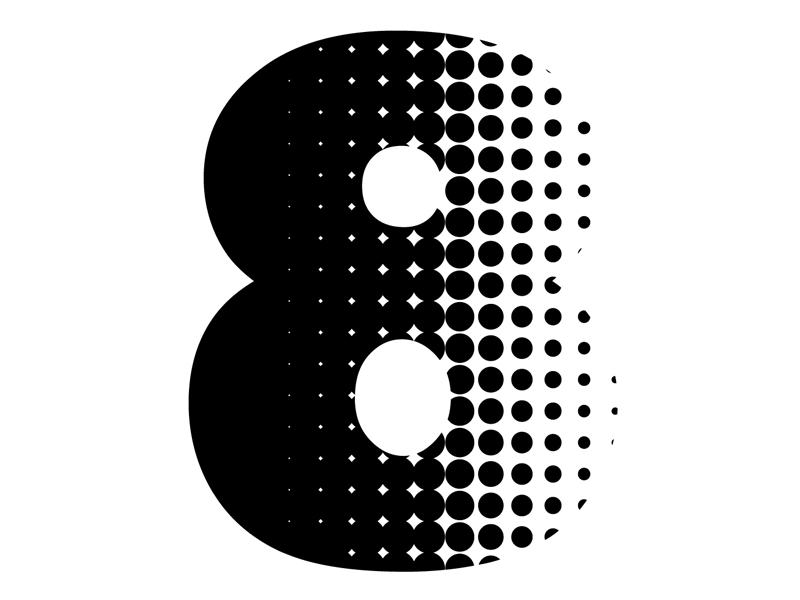Get Easy Health Digest™ in your inbox and don’t miss a thing when you subscribe today. Plus, get the free bonus report, Mother Nature’s Tips, Tricks and Remedies for Cholesterol, Blood Pressure & Blood Sugar as my way of saying welcome to the community!
8 sneaky ingredients that could be making your eczema worse

The skin flare-ups that come with your eczema can be both irritating and embarrassing.
And, what triggers those flare-ups can be wide-ranging from the food you eat to allergens in the air.
But, did you know that there are ingredients lurking in items in your house, right now, that you probably use every day that can make your eczema worse? They can lead to the inflamed, itchy, red patches of skin that you absolutely dread.
Here are the sneaky eight you need to start avoiding today…
#1 – Fragrances
According to the National Eczema Association (NEA), between eight and 15 percent of people living with eczema are allergic to fragrances. And, if you’re one of these people, exposure to fragrances in everything from lotion and cosmetics to laundry detergent can lead to itching, red, irritated skin. In fact, fragrances account for 30-45% of reactions from all cosmetic products.
#2 – Benzalkonium Chloride
Benzalkonium chloride is a long name for a chemical that companies use to preserve products like moisturizers and household cleaners. The problem is that while it does keep those items fresh longer, it also can cause allergic reactions like eczema to worsen.
#3 – Methylchloroisothiazolinone (MCI) or Methylisothiazolinone (MI)
Two more preservatives known as MCI and MI are also problems. They’re used in things like bath gels, skin creams, and the cosmetics you use on your face including eyeliners and powders and even hair dyes. The bad news is that they’re also associated worsening eczema symptoms.
#4 – Lanolin
Lanolin is found in hand creams, lotions and moisturizers to keep them emulsified and creamy. And, although it may sound more natural than the other irritants we talked about (and is since it is the compound that ensures the wool of sheep is moisturized and waterproof), it can irritate the skin of people with eczema.
#5 – Neomycin Sulfate
You probably recognize the name of this potential eczema trigger since it’s commonly found in those triple antibiotic creams. That’s because it’s an antibacterial used to kill off germs. But, while it can help you fight off infecting, it’s also an allergen that can irritate your skin if you’re sensitive.
#6 – Formaldehyde
Yes, you read that right… Formaldehyde.
The same chemical they use to embalm dead bodies is also a preservative used in everything from cosmetics to your household cleaners and can come in contact with your sensitive skin.
#7 – Balsam of Peru
Another safe and natural-sounding ingredient, balsam of Peru has many uses and can cause allergic reactions and even hives. It’s found in some baby powders as well as used as fragrance in shampoos and sunscreen since it smells of vanilla and cinnamon.
#8 – Cocamidopropyl Betaine
Another bath product ingredient, cocamidopropyl betaine is used in soaps and shampoos to boost foam levels. But, according to the Environmental Working Group’s (EWG) Skin Deep website besides boosting foam levels, it also boosts your chance for potential skin irritation.
So, if you have eczema, these are the eight sneaky ingredients that could be making your skin irritation worse and they could be lurking in the products in your home right now.
Sources:
- Fragrance and Perfume Allergy and Eczema FAQ — National Eczema Association
- Basic Skin Care for Eczema: A Dermatologist’s Review — National Eczema Association
- Benzalkonium Chloride: A Skin Irritant and Sensitizer in Patients With Dermatitis — Dermatology Advisor
- Strong irritants masquerading as skin allergens: the case of benzalkonium chloride — Contact Dermatitis
- Contact dermatitis to methylisothiazolinone* — Anais Brasileiros de Dermatologia
- Contact allergy to methylisothiazolinone/methylchloroisothiazolinone: A retrospective case series in a referral center in northern Taiwan — Dermatologica Sinica
- Neomycin Sulphate — contactdermatitisinstitute.com
- Allergic Contact Dermatitis and Topical Antibiotics — medscape.com
- Balsam of Peru allergy — DermNet NZ
- Balsam of Peru Allergy — News-Medical.Net
- Formaldehyde Allergy — News-Medical.Net
- COCAMIDOPROPYL BETAINE — ewg.org













